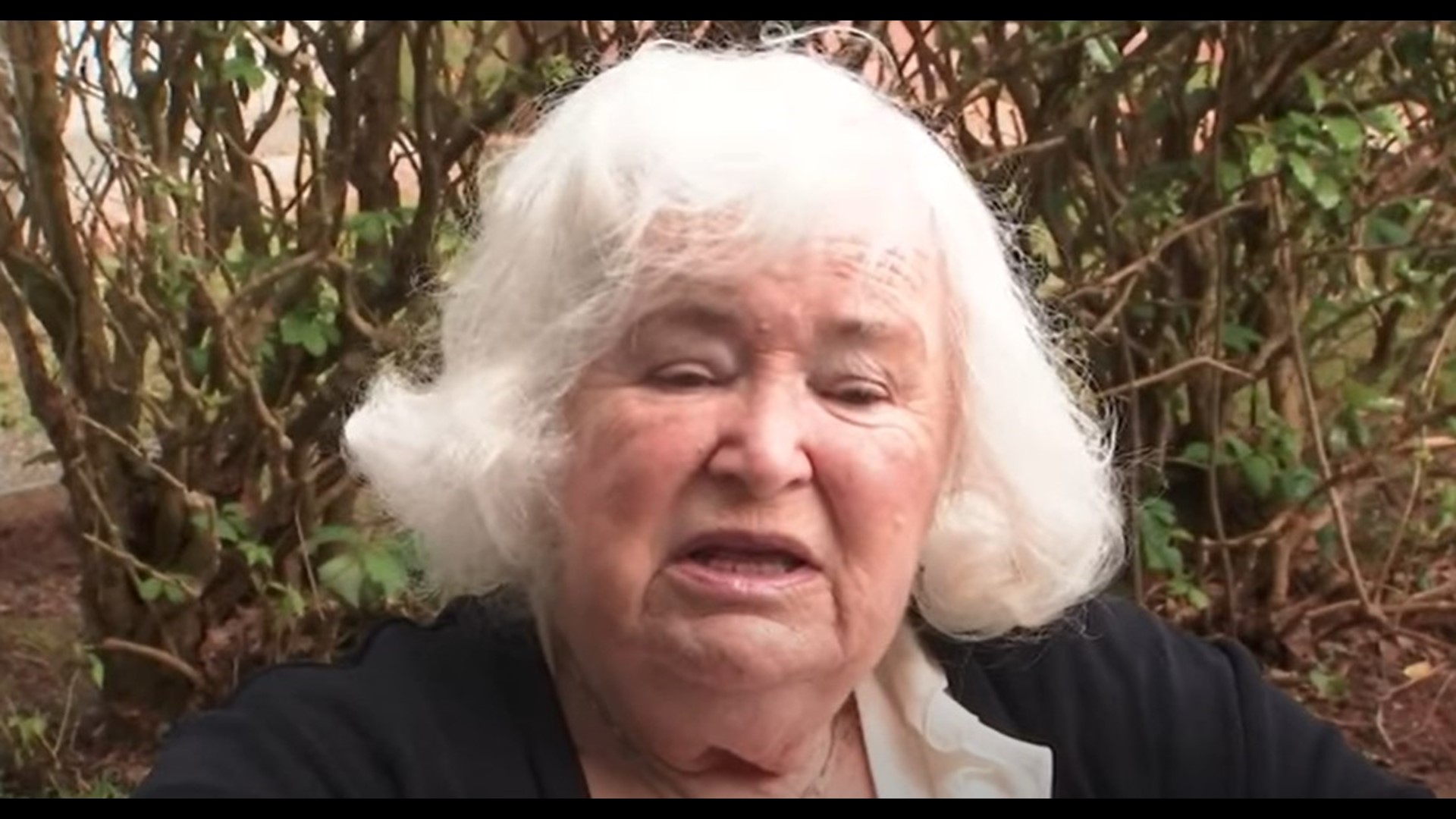ATLANTA — Yom Hashoah, as defined by the United States Holocaust Memorial Museum, is Israel's day of commemoration for the around six million Jewish people murdered by Nazi Germany.
It is observed from the Sunday after Passover and throughout the following week.
With the rise in antisemitism in our country, 11Alive asked religious leaders what those who aren't Jewish can do to support them during these trying times.
Mark Kunis, the rabbi of Congregation Shaarei Shamayim in Brookhaven, said Yom Hashoah is a time of somber reflection and recognition of the millions of lives lost during the Holocaust and also the heroes.
"These were ordinary people who, through no fault of their own, visited the depths of hell and lived to tell about it," he said.
Ilse Reiner, a survivor, was honored in Atlanta Sunday. Her parents were both imprisoned and her father was eventually killed in a death camp.
"Remember how precious our lives are. And it's the most wonderful gift—the most precious gift that was given to us," Reiner said. "And we have to respect it, but not only our lives but the lives of others."
Some survivors call Yom Hashoah the 14th of Nisan -- the anniversary of the Warsaw ghetto uprising, where many revolted against Nazi aggression.
Reiner made it out of a concentration camp. While there, she had to wear a cloth Star of David, now she wears it because she wants to. Plus, she keeps another symbol for the children of resistance.
"I am also wearing a butterfly, which was a gift from my daughter," Reiner said. "And that is very significant. Butterflies don't live in the ghetto. They don't live in the concentration camps or in slave labor camps. They need to be free."
Reiner eventually ran to her freedom in America, but millions of others never got to see that. This genocide of European Jews lasted for at least four years. Reiner said it brings back painful memories for her.
"So many people were eliminated," she said. "I hope and pray that nothing like this of such a magnitude will happen again."
Kunis said his father is also a survivor. Like Reiner, hope seems to be the theme that kept him going.
Kunis explained that his father would only get one piece of bread a day to eat. One day he exchanged that small morsel of food for a tefillin, an item used for prayer by those in the Jewish faith.
"He had the faith that if he could connect with God through this tefillin, it would keep him alive another day until he go another piece of bread. And he put it on until he died 50 years later," Kunis said.
With the rise in antisemitism lately in our country, he added that it's important to remember that we must never repeat history.
"Whenever they could, the Jews stood up," Kunis said. "And we have to stand up whenever we see hatred in this world and never let this world sink to those depths again."
Emory is hosting an antisemitism impact on health and medicine Wednesday. Click here for more information.

